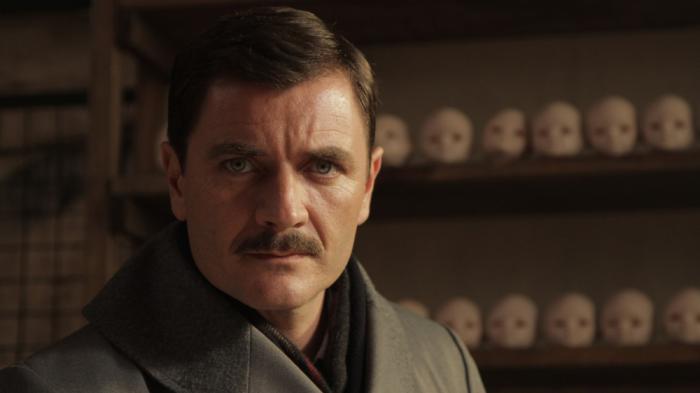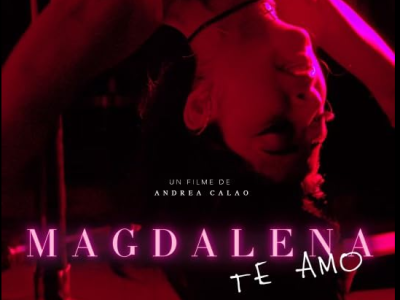Cannes-nominated, Lucía Puenzo’s Wakolda (The German Doctor) is the story of a family who meet Nazi war criminal, physician Josef Mengele in the Desert Road, in Patagonia in 1960. The family are re-settling near Bariloche to take over the old family hotel. This is a very closed community where the wife, Eva (Natalia Oreiro) was born, and educated in a German school in the 1940s.
Mengele (Àlex Brendemühl), disguised as the German doctor Helmut Gregor ends up staying in the family hotel even though Eva’s husband Enzo (Diego Peretti) distrusts him. The doctor, who is carrying out genetic experiments with animals, is interested in the little daughter Lilith (Florencia Bado), who is short for her 12 years of age — he offers to give her what he calls growth hormones.
Based in the Auschwitz concentration camp during World War II, the real-life Mengele was known as the "Angel of Death”. He decided which prisoners would be immediately sent to the gas chambers, and which ones were still able to work for a while before being murdered. Mengele was fascinated by the study of genes and used to perform experiments on identical sets of twins. Stories of Mengele's cruelty and inhumanity abound.
Based on the director Lucía Puenzo’s own novel, Wakolda is a fictional story, though one which brings several historical facts, characters and debates into its historical reconstruction. This includes Mengele’s actual presence in Patagonia, the role of Israeli secret service Mossad agent Nora Eldoc (played in the film by the incredible Elena Roger) and the apparent complicity of local communities in hiding Nazi criminals in the Argentine south.
Like in her two earlier films XXY (2007) and El niño pez (The Fish Child, 2009), Puenzo also explores here the subject of sexual awakening through an enthralling and unmannered performance by young Bado in the role of Lilith, who is herself captivated by the German doctor in a relation charged with ambiguity and sexual tension.
Puenzo’s use of metaphors will surely be the subject of debate, as to whether there is a need for symbolic explicitness in film — for instance, Enzo’s dedication to repair and manufacture porcelain dolls, which then Mengele wants to help produce industrially. However, it is perhaps this proliferation of symbolism that makes this family thriller more sinister and all the creepier.
In today’s world, when we are charmed into ‘scientific’, technologically-induced, mass-produced forms of human perfection, the themes in Wakolda such as adolescent attraction and the place of beauty, uniqueness, difference, and normalisation serve as a bridge between past and present. Not only are these themes omnipresent in contemporary societies, but essentially, they remind us that these were the kinds of research fields established by the Nazis in their search for purity and perfection of race.





















